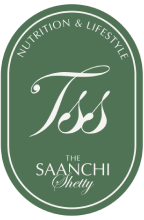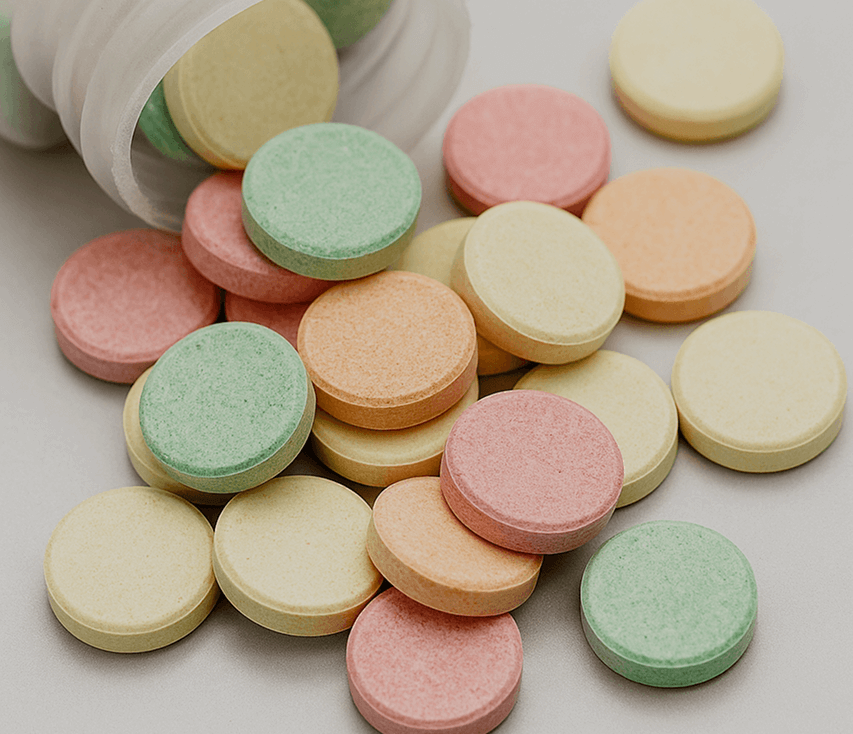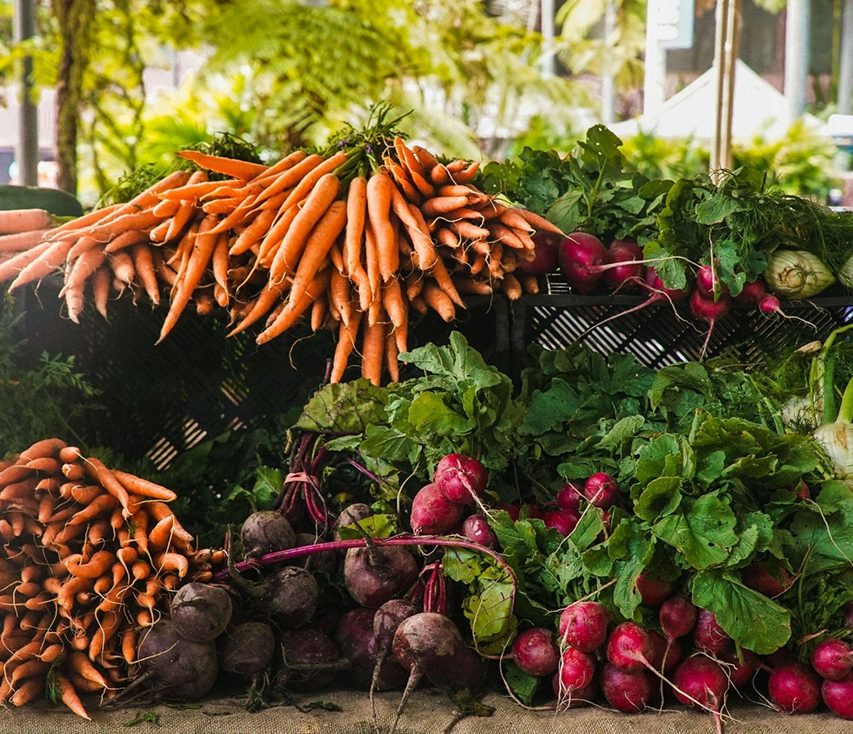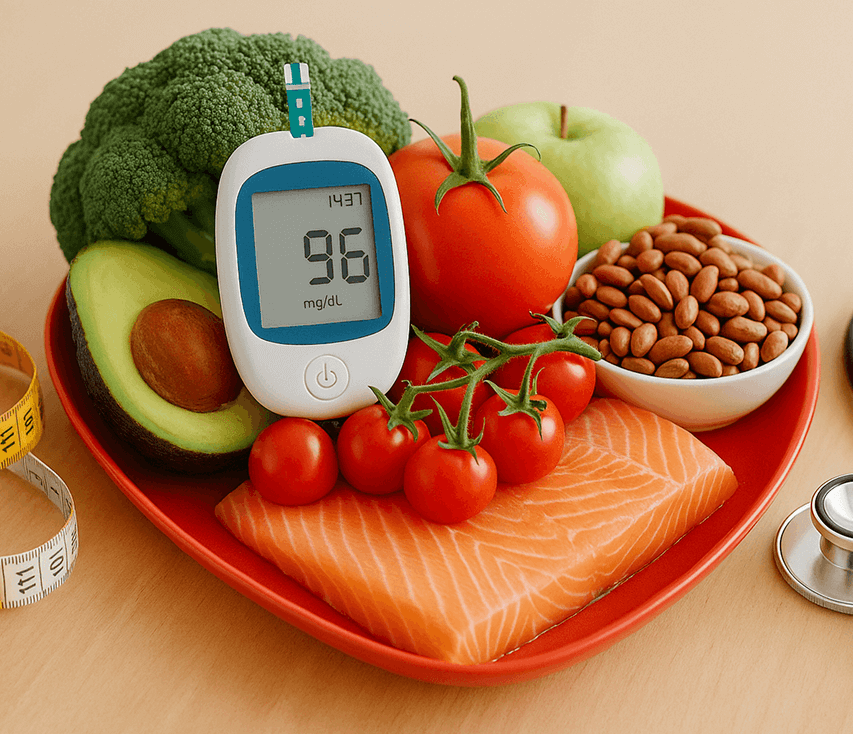In many Indian households, there’s a scene that’s all too familiar—aging parents or grandparents reaching for their daily dose of Pan-40, Sompraz, or another antacid before eating anything. What was once a temporary fix for occasional acidity has slowly become a non-negotiable routine. Without it, they experience bloating, chest tightness, breathlessness, and discomfort so severe that many mistake it for a heart attack.
But here’s the twist: many of these symptoms don’t originate in the heart—they stem from the gut.
This silent epidemic of poor gut health among the elderly is often overlooked, misunderstood, and mismanaged. The gut is at the center of digestion, yes—but also immunity, hormonal balance, energy levels, and even mental health. And yet, for millions of elderly individuals, it’s the most neglected system in their bodies.
Let’s dive into what’s really going on—and why a shift away from antacid dependence could change everything.
Antacids: From Temporary Relief to Lifelong Dependency
Antacids and proton pump inhibitors (PPIs) are some of the most commonly prescribed medications for those suffering from chronic acidity, GERD (gastroesophageal reflux disease), and digestive discomfort. Initially, they work well. By reducing the amount of acid produced in the stomach, they provide fast relief from burning sensations, acid reflux, and bloating.
But here’s the catch—our bodies need stomach acid.
Stomach acid isn’t just about breaking down food. It’s crucial for:
- Absorbing essential nutrients like Vitamin B12, calcium, magnesium, and iron
- Killing harmful bacteria and pathogens
- Triggering digestive enzymes for proper food breakdown
- Signaling the gallbladder and pancreas to release bile and enzymes
When antacids are taken daily over the long term, they suppress the body’s natural ability to produce this acid. The result? A body that becomes dependent on medication to function—a gut that is no longer able to digest or protect itself properly.
Why Chest Pain and Digestive Discomfort Are Often Linked
One of the scariest aspects of chronic acidity in the elderly is how it can mimic heart issues. The symptoms—tightness in the chest, difficulty breathing, heaviness, bloating—are so intense and similar to cardiac events that they lead to emergency hospital visits.
However, many of these cases turn out to be severe gastric distress caused by:
- Gas pressing against the diaphragm
- Acid moving into the esophagus
- Delayed digestion leading to bloating and fermentation
- Weakening of the lower esophageal sphincter (LES)
While it’s always important to rule out heart issues, it’s equally critical not to ignore the underlying digestive dysfunction that keeps causing these false alarms.
The Domino Effect of a Weak Gut
The elderly often deal with more than just indigestion. They battle fatigue, poor sleep, low energy, mood fluctuations, hormonal imbalances, and more. And all of these are often linked to compromised gut health.
Here’s what happens:
- Low stomach acid from long-term antacid use impairs digestion.
- This leads to nutrient deficiencies, particularly B12, magnesium, calcium, and iron.
- The gut microbiome becomes imbalanced, reducing good bacteria and allowing pathogens to thrive.
- The intestinal lining weakens, leading to inflammation and poor absorption.
- This triggers systemic inflammation, contributing to joint pain, fatigue, and even cognitive decline.
What starts in the gut doesn’t stay in the gut—it spreads throughout the body in subtle but powerful ways.
The Fear of Natural Remedies
Ironically, many elderly individuals have come to fear foods and spices that could actually help heal their gut.
Common fears include:
- Ginger: known to aid digestion and reduce bloating but often causes a burning sensation in already sensitive stomachs.
- Turmeric: a powerful anti-inflammatory that becomes unbearable in its raw or concentrated form for those with chronic acidity.
- Citrus, fermented foods, or even curd: once healing, now avoided due to discomfort.
This creates a vicious cycle—natural, nourishing foods are removed from the diet, and bland, nutrient-poor foods take their place, weakening the digestive system even more.
Top Signs of Poor Gut Health in Older Adults
Gut issues often present in subtle ways in older adults. Here are the red flags to watch for:
- Daily use of antacids or PPIs
- Bloating or gas after meals
- Acid reflux or burping frequently
- Heaviness after eating even small portions
- Constipation or irregular stools
- Poor appetite or early satiety
- Mood swings or low energy
- Vitamin deficiencies (especially B12 or iron)
A Slow and Gentle Path to Healing
Healing the gut doesn’t mean quitting antacids overnight. In fact, doing so may worsen symptoms. The process needs to be slow, structured, and supported with proper food, hydration, and habits.
- Gradually Taper Down Antacid Use
To reduce dependency on antacids, taper off gradually instead of stopping abruptly. Start by lowering the dose or frequency—if you’re taking it twice daily, reduce to once. After a few days, shift to alternate days. This gives your digestive system time to adjust and rebuild natural acid production. Eventually, aim to stop completely with professional guidance. Support this process by including gut-friendly foods, staying hydrated, and following mindful eating habits to ease discomfort and promote long-term digestive health.
- Use Gentle Digestive Boosters Instead
Instead of raw ginger or harsh kadhas, opt for gentle digestive boosters like warm water with ajwain seeds or fennel. Jeera water can be sipped throughout the day to support digestion, while a pinch of hing (asafoetida) in warm ghee before meals helps ease bloating and indigestion. Stewed apple or papaya in the morning can also promote gut motility, making digestion smoother. These soothing options support digestive health without causing irritation or discomfort to sensitive stomachs.
- Reintroduce Gut-Healing Spices Carefully
When reintroducing gut-healing spices, start with small amounts like a pinch of turmeric in warm water to ease inflammation. CCF tea (cumin, coriander, fennel) is a gentle digestive aid to sip throughout the day. Cardamom or cinnamon can be added to light porridge or tea for flavor and digestive support. Fresh mint or coriander in cooked dals can promote digestion too. Avoid raw or intense forms of spices—cook them lightly or steep gently in hot water to prevent irritation. Avoid raw or intense forms—cook them lightly into food or steep gently in hot water.
- Boost Fiber Intake—But Slowly
Introduce fiber-rich foods gradually to avoid overwhelming the digestive system. Stewed fruits like apples, pears, or prunes can help with digestion and motility. Soft vegetables like bottle gourd, pumpkin, and ridge gourd are gentle on the stomach. Cooked oats or daliya are excellent sources of fiber that are easy to digest. Psyllium husk in warm water at bedtime can support bowel movements, especially in case of constipation. Avoid raw salads, sprouts, and heavy legumes initially, as they can be hard to digest.
- Support the Microbiome
Rebuilding the gut microbiome after years of disruption is crucial for digestive health. Incorporate homemade curd or buttermilk into meals, as they provide probiotics that help restore healthy gut flora. Fermented rice (pakhala) or kanji are traditional options that support digestion. Coconut water is excellent for hydration and provides potassium, helping maintain electrolyte balance. If tolerated, probiotic capsules or Ayurvedic supplements like Triphala can further support gut health and help in balancing the digestive system naturally.
- Adopt Mindful Meal Habits
Adopting mindful meal habits can significantly improve digestion. Create a calm eating environment to reduce stress and promote better digestion. Avoid lying down immediately after meals to prevent acid reflux and discomfort. Chewing food thoroughly aids digestion, as it breaks down food before reaching the stomach. Eating meals at regular intervals trains digestive enzymes to function optimally. Avoid late-night eating, as it can disrupt the body’s natural circadian rhythm and hinder proper digestion. These habits can help restore healthy digestion over time.
Lifestyle Shifts to Support Gut Healing
Food alone isn’t enough. Elderly individuals benefit from gentle routines that support the body’s natural rhythms.
Morning Routine
- Start with a glass of warm water (with or without ghee)
- Gentle movement: a short walk, stretching, or yoga
- Light breakfast within 60–90 minutes of waking
Daytime Practices
- Midday sunlight for Vitamin D
- Avoid long gaps between meals
- Short naps (20–30 mins) to recharge without affecting sleep
Evening Rituals
- Early, light dinner by 7–8 PM
- Avoid screens or heavy conversations post-dinner
- Herbal tea or fennel infusion before bedtime
- Consistent sleep schedule—ideally 10 PM to 6 AM
Why This Matters Now More Than Ever
As the body ages, it naturally produces less digestive enzymes, hydrochloric acid, and bile. The risk of poor gut health increases—but so does the body’s potential to heal if given the right tools.
Supporting the gut in the elderly isn’t just about relieving gas or bloating. It’s about:
- Reducing inflammation that fuels arthritis and chronic pain
- Enhancing nutrient absorption to maintain strength
- Stabilizing blood sugar and reducing diabetes complications
- Improving mood, mental clarity, and confidence
- Avoiding unnecessary hospital visits for digestive distress
In Conclusion: Heal, Don’t Just Hide the Symptoms
Gut health is the foundation of overall wellbeing—especially in the later stages of life. While antacids offer temporary relief, relying on them long-term only masks the deeper dysfunction brewing within. The discomfort, bloating, and acid reflux are not just symptoms to suppress—they’re signals from the body, asking for support, not silencing.
The good news? Healing is possible. Through mindful dietary choices, gentle lifestyle shifts, and time-tested practices rooted in Ayurveda, elderly individuals can slowly rebuild digestive strength, reduce dependency on medication, and feel more at ease in their own bodies.
It’s not about quick fixes. It’s about restoring the body’s natural rhythm and resilience—one small change at a time. Because every meal should nourish, not hurt. And every day should begin with comfort, not fear. Let’s help our elders rediscover that balance.





